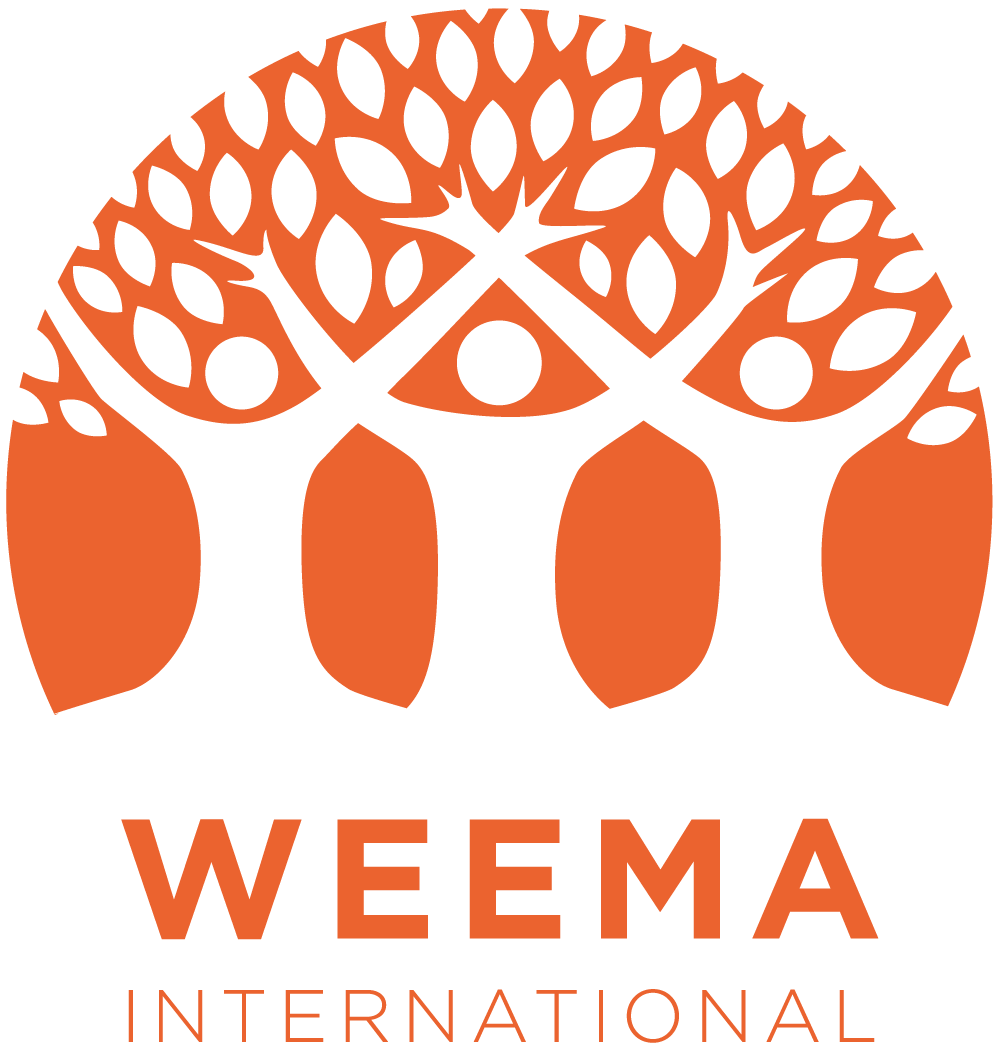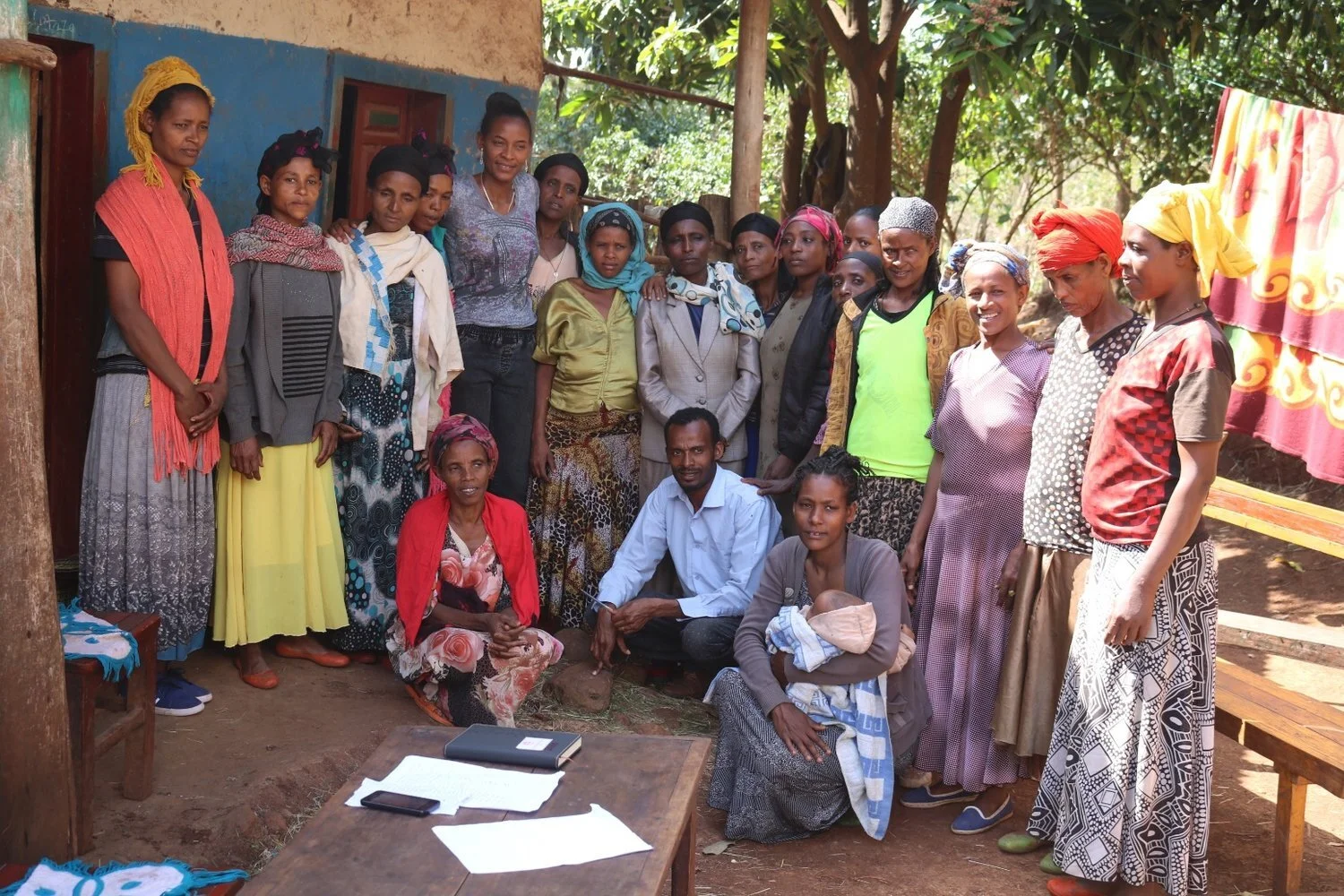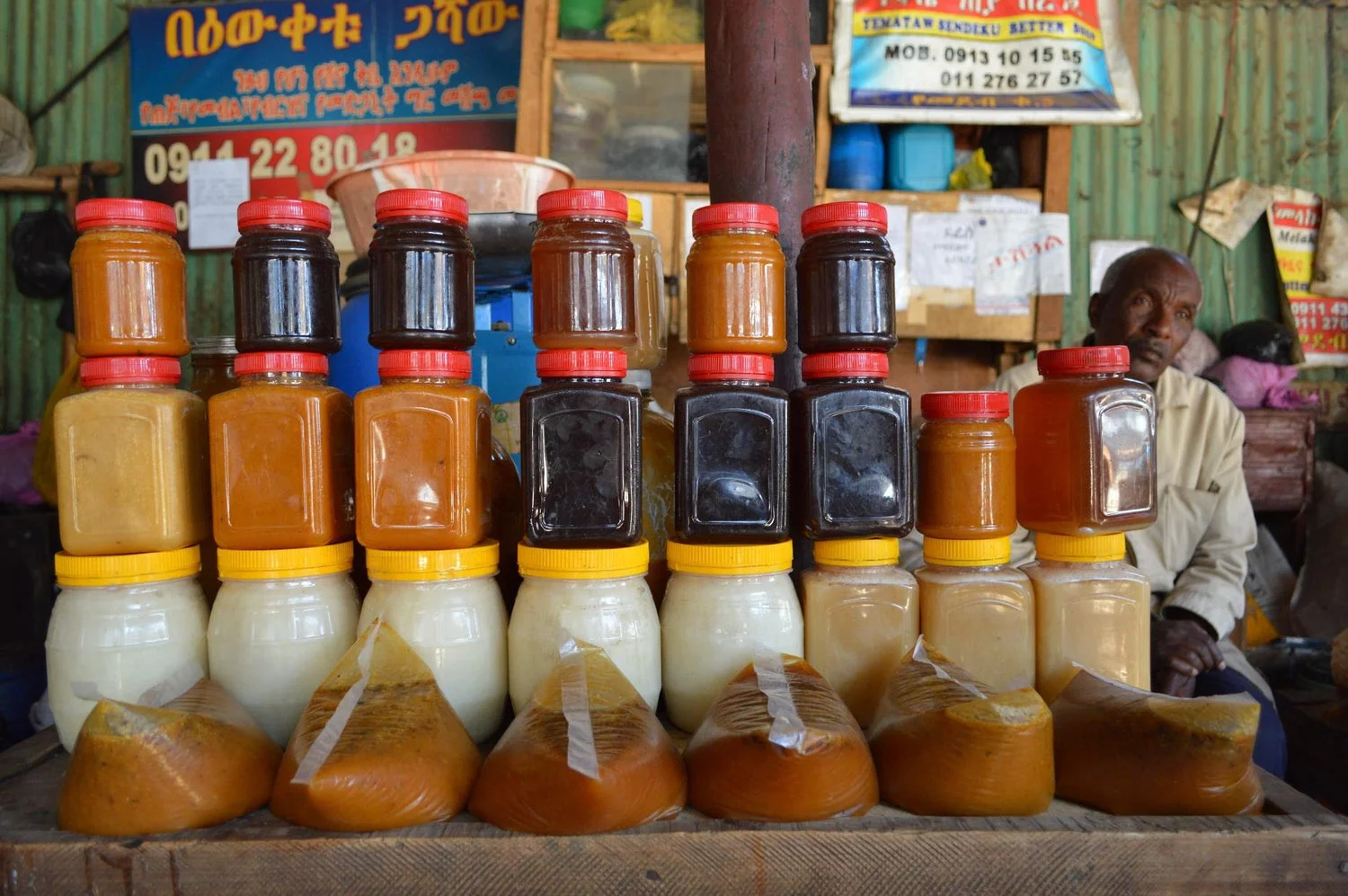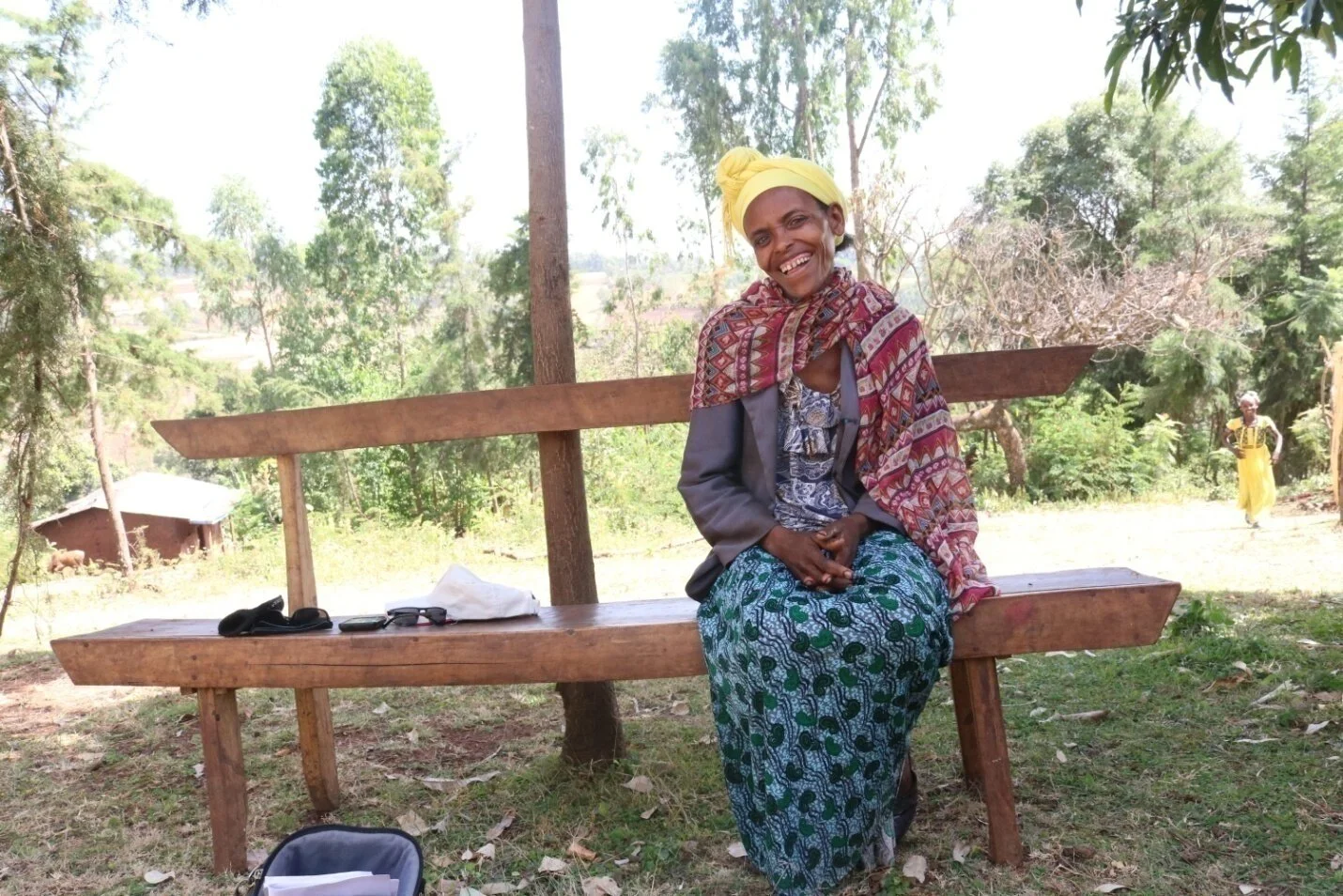You may have heard the expression “busy as a bee” and wondered, what is it that bees are so busy doing? As the expression implies, making honey is a very labor-intensive process for bees.
Read MoreA certificate can make all the difference.
In Ethiopia, people living with disabilities encounter many disadvantages in society and are often subject to stigma and discrimination. They are disproportionately poorer, and particularly vulnerable to crises.
Read MoreYeshiwas Desta is a farmer and the proud father of six children. His land is rocky and rugged and doesn’t produce enough to provide food for his family. Yeshi worked hard to change the fertility of the land by terracing, planting forage grass, and diversifying his crops by adding banana, mango, avocado, coffee, soybean, and ginger.
Read MoreIn 2014 WEEMA started its first Self Help Groups (SHG). We were fortunate enough to benefit from the experience of other organizations who had already established SHGs in neighboring communities and in other parts of Ethiopia. Today we have 112 SHGs in two districts – and 2,033 women participating.
The Degale Public LIbrary and Computer Center has made a world of difference for Betelihem who ranked second in her 9th grade class last year at the Mudula Secondary and Preparatory School.
Read MoreFor the Saruma Primary and Middle School, March brought more activity thanks to WEEMA’s Menstrual Health and Hygiene Management project. As you read in our last blog post about this project, providing girls with reusable pads keeps girls in school and raises menstrual health and hygiene awareness in the whole community.
Read MoreRecently, our U.S. staff had the opportunity to meet with the Hujent Lenam Women’s Self Help Group (SHG). Hujent Lenam means “We work together and grow up”.
Read MoreSetting Students up for Success at Higa Boarding School
Higa Boarding School was opened in 2017 to improve the quality of education in Kembata-Tembaro Zone and to encourage students to complete secondary education.
Read MoreWe are excited to announce that WEEMA will begin to register Women's Self Help Groups as legal entities starting this year!
Recognizing women as agents of change, we currently work with 2,200 women in rural Ethiopia who comprise 112 Women's Self Help Groups. Each Self Help Group consists of 20 women and meets weekly to save money, make loans, learn from each other, and provide social support.
“The app guides me through each step. It makes our life simple. I consider the application as a ‘‘virtual doctor’’ that assists me to the right diagnosis and treatment.” - Bette, Health Extension Worker
Read MoreProlonged labor or multiple pregnancies can result in weakened pelvic muscles and can cause complications, including prolapses in the uterus (the uterus falling out the body). Women living with a prolapse are often publicly shamed and ostracized.
Read MoreOur WEEMA beekeeping cooperatives continue to grow and thrive!
Did you know that Ethiopia is the largest producer of honey in Africa? Beekeeping is a local and centuries-old industry in Ethiopia with large potential for growth.
Read MoreOver 2 billion people throughout the world live without access to sanitation infrastructure and services, causing environmental pollution and creating a public health issue. While numerous efforts have been centered around building bathrooms in homes, many public spaces are still without latrines.
Read MoreTwo weeks ago WEEMA International, in partnership with Studio Samuel, distributed 400 reusable sanitary pads at Samura Primary and Middle School and left an additional 200 for future students. This distribution was accompanied by presentations, led by peer mentors, on how to use the pads as well as general information about hygiene and menstrual management.
Read MoreHappy World Water Day!
We often take our clean water for granted. Can you imagine having to walk for hours each day to collect dirty drinking water? We can't. Unfortunately, 750 million people in the world do just that.
In 2016, WEEMA began a three year implementation of an Integrated Education Program (IEP) to increase quality and access to education in Tembaro.
Read MoreThirty-five year old Mulu Kebede has lived in Semen Ambukuna kebele for fifteen years. Her home has seen the birth of five children, a marriage, and the hardships she faced in raising her family after her husband left.
For the last twelve years, Mulu has done everything in her power to support her children on her own. Sometimes this meant begging, other times searching for food, and taking on daily labor jobs in the village when they were available.
Read MoreBuilding pipelines is just the first step in bringing water to communities in Ethiopia. WEEMA ensures the sustainability of water systems by providing cost-free training to local committees.
Read MoreA WEEMA-sponsored team from Tembaro traveled south to Arba Minch to visit a rehabilitation center. This trip was part of WEEMA's ongoing work to raise awareness, destigmatize, and include the voices of people living with disabilities as part of local political agenda.
Read MoreWEEMA invited government reps, Health Extension Workers, and school principals to learn about the upcoming WASH Project. Staff held a "familiarization" workshop to share the projects goals and open the floor for discussion and suggestions.
Read More



















